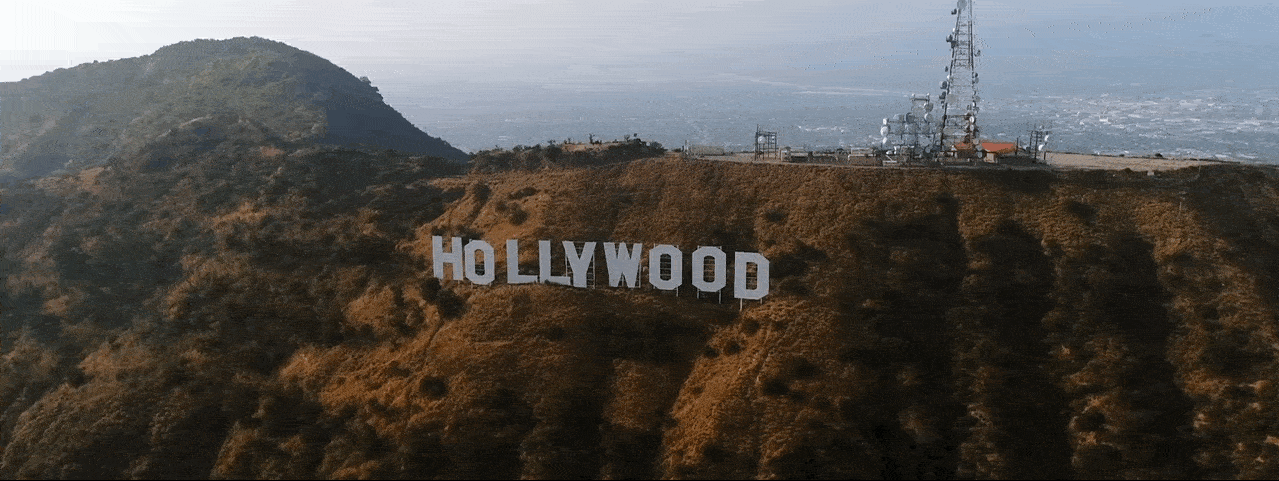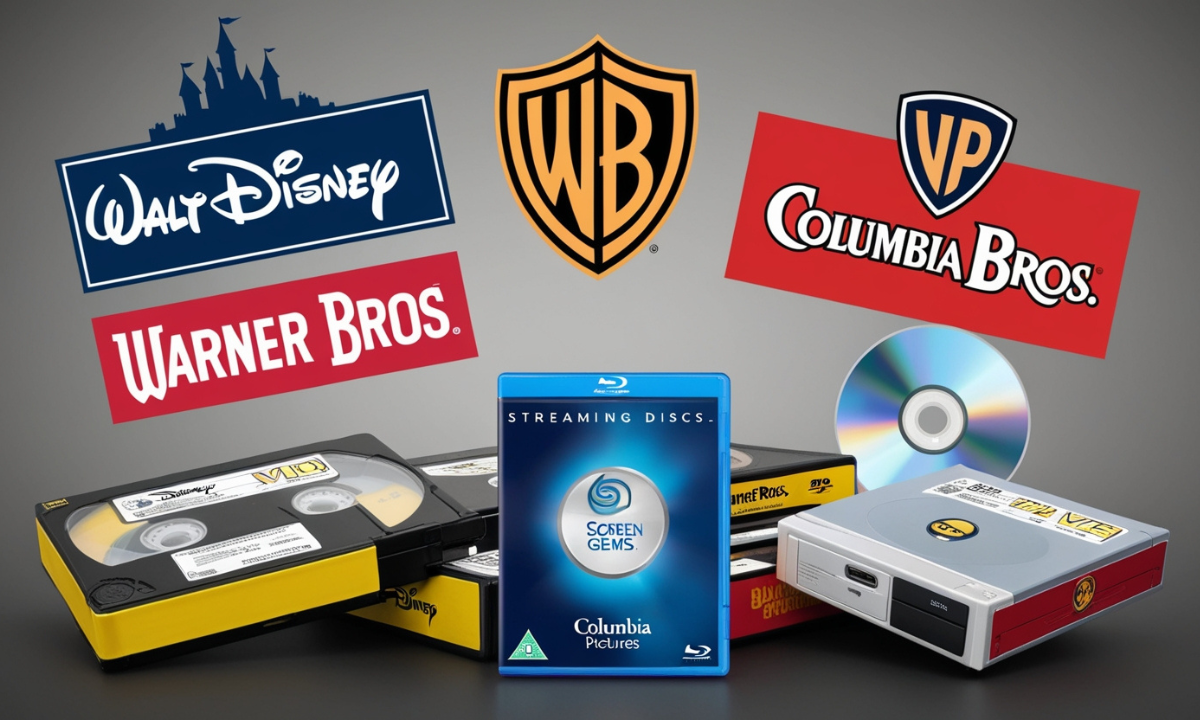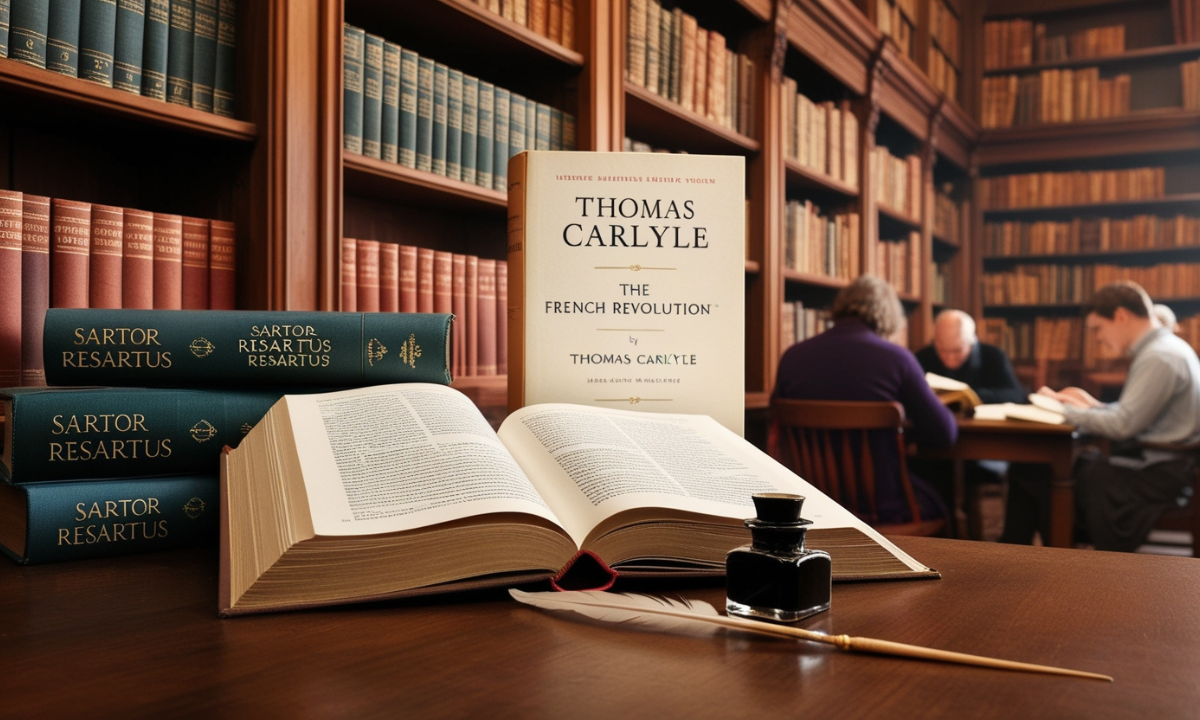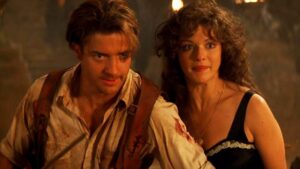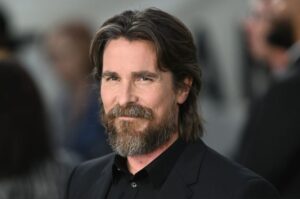A Financial Monster, A Critical Fossil: The Unstoppable Paradox of Jurassic World Rebirth
HOLLYWOOD, CA – Jurassic World: Rebirth Roars Past $100M Box Office Despite Critical Mauling. Life, as a famous chaotician once said, finds a way. In Hollywood, it seems, so does a blockbuster franchise, even in the face of a near-universal critical drubbing. Universal Pictures’ latest entry in its prehistoric cash-cow franchise, Jurassic World: Rebirth, has stomped into the global marketplace with a ferocity that has defied scathing reviews, proving that for some brands, quality and profitability exist in entirely different universes.
In a stunning display of brand power, Jurassic World: Rebirth has devoured over $100 million at the global box office in just its first two days of release. The figures, reported by industry trade publication Deadline, paint a picture of resounding success. The film has secured the number one opening spot in every international market it has premiered in, signaling a global appetite for dinosaur mayhem that remains insatiable.
To put this impressive figure into context, the opening for Rebirth places it firmly in the upper echelon of the franchise’s history. It has outperformed the two-day debuts of both 2018’s Jurassic World: Fallen Kingdom (95 Million and 2022’s Jurassic World Dominion (95 Million)
This financial triumph, however, is starkly contrasted by its dismal critical reception. The film currently holds a “rotten” score of 28% on the review aggregator Rotten Tomatoes, with top critics lambasting it for a derivative plot, paper-thin characters, and a complete lack of the suspense and wonder that defined the original. The Guardian dubbed it a “cinematic fossil,” while other reviews have dismissed it as a “soulless” and “creatively bankrupt” exercise in corporate filmmaking.
This creates the ultimate Hollywood paradox: a film widely considered to be objectively poor is simultaneously a runaway financial hit. While a torrent of negative reviews can often poison the box office well for a major tentpole, Jurassic World appears to be a different species of blockbuster entirely—one that is completely immune to criticism.
The undeniable truth is that the Jurassic Park franchise is bulletproof. The executives at Universal Pictures are unlikely to be losing sleep over negative pull-quotes when the revenue is flooding in at such a rate. The conventional wisdom that a studio is punished for releasing a subpar product simply does not apply here. The franchise is no longer selling a specific story or a cast of characters; it is selling an event. It’s selling the iconic T-Rex roar, the sweeping John Williams-inspired theme, and the primal thrill of seeing dinosaurs on the big screen.

This brand loyalty is a direct inheritance from the groundbreaking 1993 original, directed by the legendary Steven Spielberg. That film was a landmark of cinematic achievement, blending cutting-edge special effects with genuine character development and masterful suspense. It captured the imagination of a generation. Decades later, the new films are still riding the powerful coattails of that masterpiece. Audiences aren’t just paying for Jurassic World: Rebirth; they are paying for a potent dose of nostalgia, a two-hour return to a world they fell in love with as children.
The staggering success of Rebirth, despite its creative shortcomings, sends a clear and unambiguous message to its studio: the formula works. There is no financial incentive to innovate, to take narrative risks, or to prioritize artistic integrity when the current model guarantees a nine-figure opening weekend.
Therefore, audiences should rest assured that more is on the way. The success of Jurassic World: Rebirth has not concluded a story but has instead laid the financial groundwork for another trilogy. As long as the logo remains one of the most recognizable in cinema history and the promise of dinosaur spectacle continues to draw crowds, the studio will continue to churn them out. The box office doesn’t lie, and its verdict is in: the age of dinosaurs is far from over. It is, in fact, more profitable than ever.

